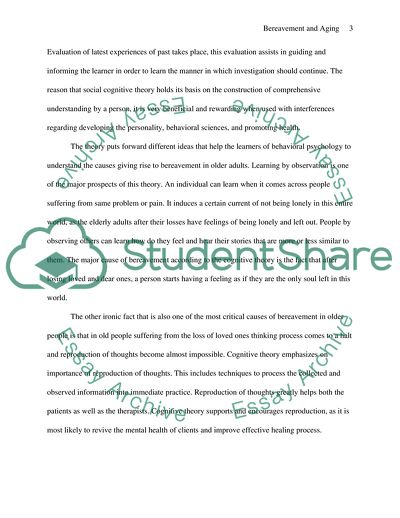Cite this document
(Bereavment and Aging Essay Example | Topics and Well Written Essays - 1500 words, n.d.)
Bereavment and Aging Essay Example | Topics and Well Written Essays - 1500 words. https://studentshare.org/psychology/1733958-bereavment-and-aging
Bereavment and Aging Essay Example | Topics and Well Written Essays - 1500 words. https://studentshare.org/psychology/1733958-bereavment-and-aging
(Bereavment and Aging Essay Example | Topics and Well Written Essays - 1500 Words)
Bereavment and Aging Essay Example | Topics and Well Written Essays - 1500 Words. https://studentshare.org/psychology/1733958-bereavment-and-aging.
Bereavment and Aging Essay Example | Topics and Well Written Essays - 1500 Words. https://studentshare.org/psychology/1733958-bereavment-and-aging.
“Bereavment and Aging Essay Example | Topics and Well Written Essays - 1500 Words”. https://studentshare.org/psychology/1733958-bereavment-and-aging.


